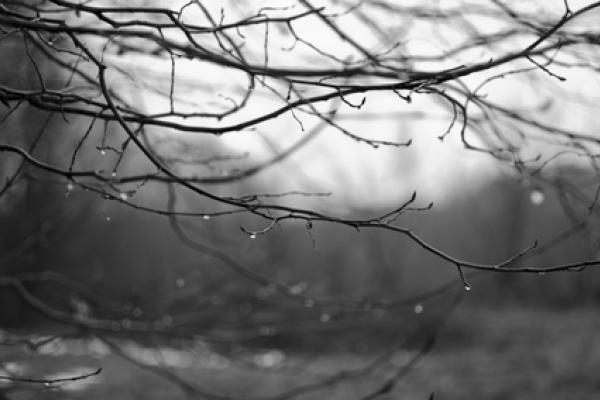Late November is Vitamin D season. The dregs of the year threaten to swamp the spirit, clinging to each rough edge of the soul, and frequent shots of sunshine and warm coziness are needed just to keep the deep at bay. Each shadow left in the wake of autumn’s receding glory whispers, “Not yet.” And, “Not anymore.”
Next week the liturgical church celebrates Advent — the crown jewel of liminal spirituality. Advent is the thinnest place of Christian ritual, where material Today touches fingertips with spiritual Tomorrow. It looks forward while standing still, gently holding the embers of our souls, watching with hope for divine light and grace to set them aflame. Advent is gospel, singing, “The real story is yet to come.” Advent is the Now and the Not Yet.
But this week is for the Not Anymore. Today is for the blues.
Read the Full Article

